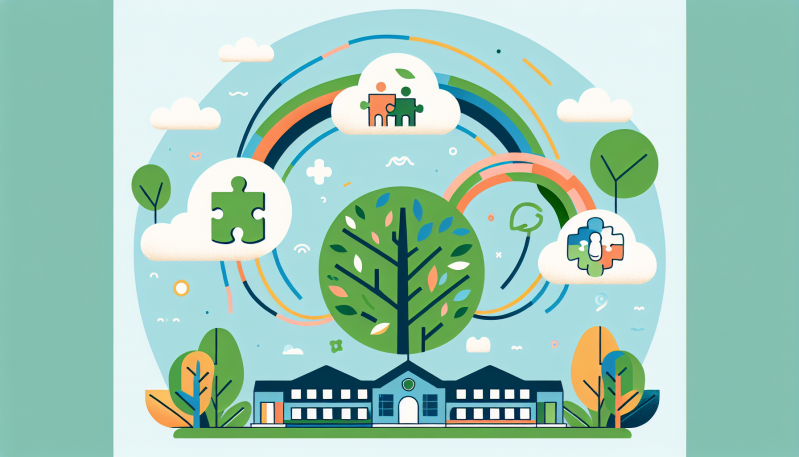As educators, parents, and stakeholders in the future of our children, we stand at the crossroads of unprecedented times. The challenges our young ones face in the realms of mental health, social connectivity, and inclusivity demand innovative solutions that not only resonate with their immediate needs but also nurture their long-term growth and happiness. Enter Friendship Week: a beacon of hope, a movement akin to UNICEF in its dedication to championing the well-being of school-age children, parents, and educational professionals alike.
The heart of Friendship Week lies in its core mission: to address mental health challenges, foster kindness, combat loneliness, and promote diversity, equity, and inclusion (DEI) within the hallowed halls of our schools. This is done through a series of carefully crafted programs and initiatives that are as engaging as they are transformative.
One such initiative is the Friendship Ambassadors program. This peer-to-peer approach empowers students to become champions of kindness in their communities, encouraging them to spread positive messages and to support one another. Through activities such as ‘Buddy Benches,’ ‘Mix It Up’ lunch days, and ‘Walk in My Shoes’ empathy exercises, Friendship Week lays the groundwork for a safer and more supportive school environment where every child feels valued and understood.
For parents and school staffers, Friendship Week offers workshops and resources that highlight the importance of mental health literacy and equip adults with strategies to nurture an inclusive atmosphere. From understanding the signs of distress to engaging in open conversations with children about their emotions, the initiative reinforces the critical role that adults play in the development of a child’s emotional intelligence and social skills.
But perhaps the most potent weapon in Friendship Week’s arsenal is its unwavering commitment to diversity and inclusivity. In a world that is beautifully diverse, it is paramount that our educational systems reflect and celebrate this diversity. Friendship Week works tirelessly to ensure every child sees themselves represented and respected, regardless of race, religion, gender, ability, or background. The result? A generation of young individuals equipped to thrive in—and enrich—a multifaceted world.
To all educators, parents, and educational influencers: the call to participate in Friendship Week is a call to be part of a pivotal change. It is a call to join forces in fostering environments where our children can flourish unimpeded by mental health barriers, where kindness is the norm, where no child feels alone, and where inclusivity is woven into the very fabric of our educational tapestry.
As we move forward, let us embrace the principles of Friendship Week, permeating every classroom with the spirit of camaraderie and acceptance. Together, we can build a future where every child not only succeeds but also brings their unique light to brighten our world. After all, the most significant investment we can make is in the well-being and potential of our young learners—and the time to act is now.
Join us in celebrating Friendship Week. Share this message, participate in the programs, and become a vital part of a movement that is shaping the heart and soul of education. For in nurturing the seeds of friendship and inclusivity today, we cultivate the harmonious leaders of tomorrow.


